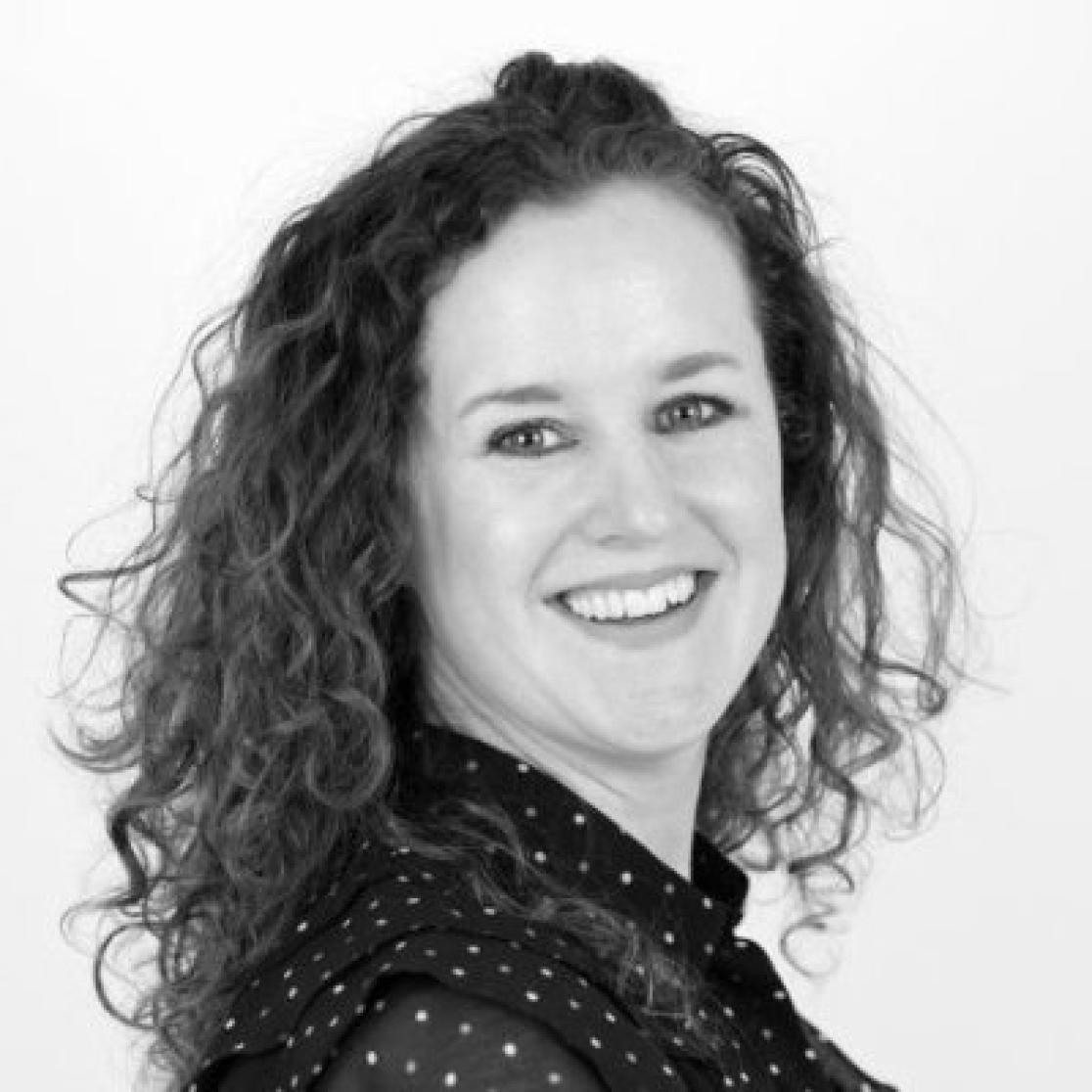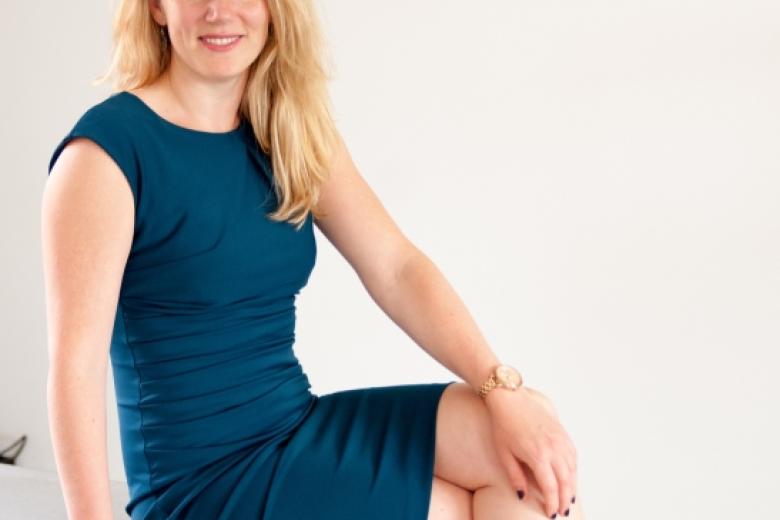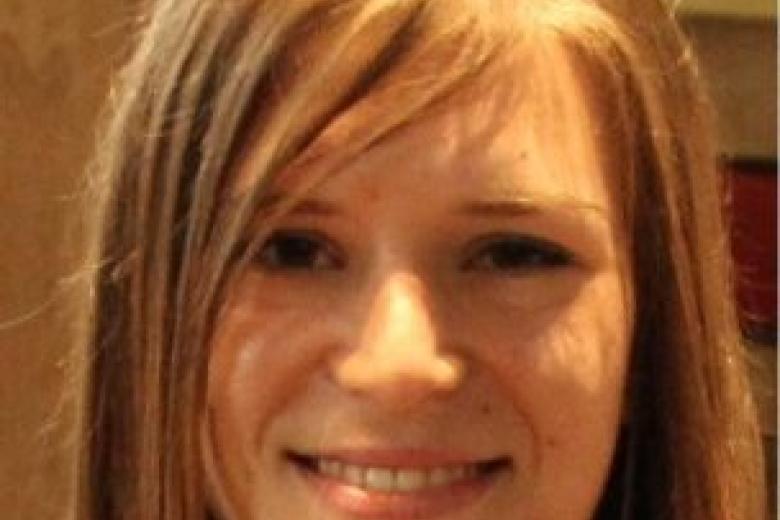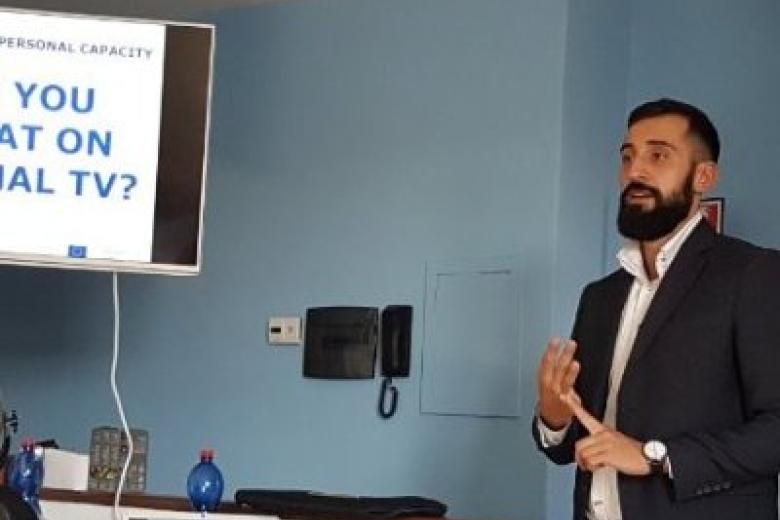Leading in times of complexity
I am sure everybody is aware how our environment has changed over the past years and how ongoing shifts in our societies show us that this will continue for the period ahead. And I am sure that most of us feel inconvenience. Inconvenience as we face challenges not experienced before or at least not to this extent. It is not just the Brexit or the recent winning of Donald Trump that is showing this to all of us. It is a subtle but profound “always there” change on all levels in our society. And it is a change that is a consequence of massive interconnectedness we realized by the technological evolution.
Working and living in this complex world, how challenging this may be,
Creating a world that works, how impossible this might seem,
Taking responsibility and embracing these opportunities, how leading would this be.

Where do we stand?
I am sure everybody is aware how our environment has changed over the past years and how ongoing shifts in our societies show us that this will continue for the period ahead. And I am sure that most of us feel inconvenience. Inconvenience as we face challenges not experienced before or at least not to this extent. It is not just the Brexit or the recent winning of Donald Trump that is showing this to all of us. It is a subtle but profound “always there” change on all levels in our society. And it is a change that is a consequence of massive interconnectedness we realized by the technological evolution.
A change from a world where we could predict and control the future and isolate and solve complicated problems, to a world where we need to sense and respond the present in order to deal with non-linear complex problems faced. There is not one right answer, no perfect solution to complex problems, we have to solve the problems with workable solutions, quickly. Forecasting the future and control mechanisms are losing effectiveness. We feel inconvenience as uncertainties increase and our day-to-day practices often neglect this shift in our environment and we do feel the ineffectiveness of these practices.
It is known that convenience is characterized by stability, predictability, simplicity and clarity and where are we now? We have shifted to volatility, unpredictability, complexity and ambiguity. An environment the US Army experienced already in battlefields in the 90’s and they started to call this environment a “VUCA world”, characterized by the opposite characteristics of convenience.
This VUCA world hits every individual, every organization. Over the last years I witnessed the struggle how to deal with these new challenges. Unfortunately, it seems so easy to stick to “proven solutions”, as a result decreasing our creativity, results, fun and fulfillment and in the end decrease our innovation power we simply need to adapt to this environment, quickly. And it is a pity, as it offers so many opportunities.
The challenge?
Instead of raising fear I would like to embrace this environment as the new status quo and highlight the opportunities within. And the challenge we are offered can be summarized so simply: increase awareness of this shift in our environment. Take responsibility and act on it when leading an organization, a team and yourself. This increased awareness will open doors on what the world today is asking of us and will help us to shift to a modus where we focus on opportunities and where trust instead of fear will lead our actions. This takes courage; we need to question oneself regularly: is this mindset/practice/ behavior still serving me or my company, and if the answer is no, let it go! Can we do more of what does serve us instead? Complex problems request different solutions than the known, linear complicated problems. Dare to leave things behind, come to the essence quickly and move fast. That will move mountains, that will thrive your organization and the individuals within!
So once we are aware of this shift in our society I hear you questioning: How should we act? How can we answer questions not answered before and how can we adapt quickly when so many parties are involved? How can I have impact in problems so much bigger than I am? In my view, two important answers can help us to handle these questions:
1: Dare to realize: Understand that solutions suitable for problems yesterday might not be the solution for problems faced today, complex problems characterized by uncertainty request other actions than predictable complicated problems. And yes, also tomorrow we will still face complicated problems (e.g. your car is broken) which still require the proven solution, so be aware which problem you face. Dare to realize that the tone at the top is crucial, you as a leader should walk the talk and lead by example;
2: Dare to question: Dare to ask whether practices of today still serve us today and/or tomorrow. Realize that long term predictions don’t make sense and act accordingly. As we can’t predict the future, we have to manage the present.
If we are aware of the impact today’s society has and we embrace this by transforming our patterns described above in our daily life, this will impact how we work and lead, which can have very positive effects on our organizations and the individuals within.

What is this asking of us, what is needed?
What is needed to increase awareness and take responsibility and act? It is for sure easier on an individual level than on a corporate level, as an organization is a total of many individuals. Moreover, in order to increase corporate awareness, also of the individuals within, awareness of the leaders should increase, awareness on their views, but also awareness on the need to involve the whole system in increasing awareness. We should realize that our demanding day-to-day business is one of our biggest enemies, not finding time or means to reflect on “where do we stand”.
A: It is important to increase awareness by reflecting on four levels:
- How do I/we think (invisible);
- How do I/we behave (visible);
- How am I/are we organized (visible);
- How is our culture (invisible).
In my view all four elements include important information on how and why we act as we do and all this information is required to manage the present aiming for sustainable results. Too often we are focused on level three: how are we organized. We analyze a situation, suggest a better way (for others!) and implement a new structure or process. These four elements influence each other and if treated integral rather than on a stand-alone basis results will be more sustainable. Awareness is important for the whole system, it starts with the leaders, however, the whole system should be included to get a clear view on these four levels.
We should not underestimate the positive influence this reflection has on the creation of sustainable solutions and adaptions to changes in the environment.
B: Learn to support our mind with our intuition:
As we need to take responsibility and act on problems not known/analyzed before and impact of the problems or developments is high, we need to come to the essence quickly and act upon it. However, for complex problems not experienced before, knowledge of the past is not sufficient, there is no best solution. And still we have to act. Now we have to involve our intuition in order to sense and respond to changing circumstances, we should realize its value in doing business. Intuition will broaden solutions, allow us to respond quickly and allow us to experiment in pilots and adjust quickly, instead of design and implementation projects, for which we might not have the time. And I experience and realize this is a challenge. In a time where we can google anything, spend hours and hours searching for answers in libraries all over the world wide web, and most of all, in a time showing so many uncertainties that sticking to our strong-held practices at least gives us stability we might even neglect our intuition. To involve intuition we should reflect, we should make contact, to ourselves and our environment. It requires silence which we need to create.
C: Be courageous.
Courage to reflect, to allow intuition and to trust others by giving them freedom and responsibility to take decisions and to act. Courage to fail as failure is the first attempt to learn, which will boost creativity and innovation. And the courage to adjust. If we become aware that mindsets, behavior, structures/procedures or culture are no longer serving, than steer! Allow ourselves to embrace the future as it emerges, stop longing for yesterday, focus on what makes us successful today that might help us to stay successful tomorrow. I prefer appreciative leadership for sustainable results.
If we allow these skills in our leadership both on an individual and corporate level we will succeed in adapting to changes in the environment. We leave the drama zone (“who’s fault is this”), we leave the fix-it zone (“how do we fix this”), we enter the zone of choice (“who do I choose to be in this situation”) and might even enter the opportunity zone (“what have we learned, which opportunity is included”)*. And as Charles Darwin said: “It is not the strongest of the species that survives, nor the most intelligent that survives. It is the one that is most adaptable to change.” Peter Senge said: “people don’t resist change, they resist being changed”, therefore we should involve others not forgetting ourselves. It is so courageous to be vulnerable.
What is the next step?
With this blog I wanted to inspire you how we can choose to show up in this world today. Instead of fear I prefer opportunities. Take the best of what we have today to enter tomorrow, and let go what doesn’t serve us any longer. Transform your leadership skills/practices from a predict and control approach to a sense and response approach, being able to adapt quickly which will help you to realize sustainable results in this complex world. Enjoy!
A future that poses great challenges, yet is also full of promise.
Above all a future that will be the product of our own actions and ambitions.
* Four levels of engagement described by Alan Seale in his book: Create a world that works.
About the author
Linda Reumers studied Business Economics (1999) at Maastricht University and graduated as Certified Public Auditor. Her passion: “create value with everything we do”. She brings her expertise gained as external auditor and financial controller now as consultant/auditor to H+ Accountants, aiming to unburden companies by providing innovative finance services and is partner of Quinter: Leadership and Organizational Transformation.

-
5 Differences Between Startups & Starting Businesses
In this article I discuss several differences between startups and starting businesses. I find this important because over the last year, I’ve gotten increasingly frustrated about the types of questions I (as a startup founder) would get. “Can you already live from your startup?” “Why is raising...

-
Work with multiproblem families
As a family therapist in an ambulatory setting, I see varying psychiatric disorders in multiproblem families. I specifically work with families who not only suffer from any kind of disorders, but also are affected by mild intellectual disability. This blog encompasses two parts. First, it will give...

-
Getting jobs in the Eurobubble: A game of inches
I had a lot of fun at the EU Studies Fair. For me it proved a very fruitful event for both students and professionals who are trying to get a foothold in that lions’ den that I call “Eurobubble jobs.” In my experience this can be quite a daunting challenge, but if it has been a journey that I think...
